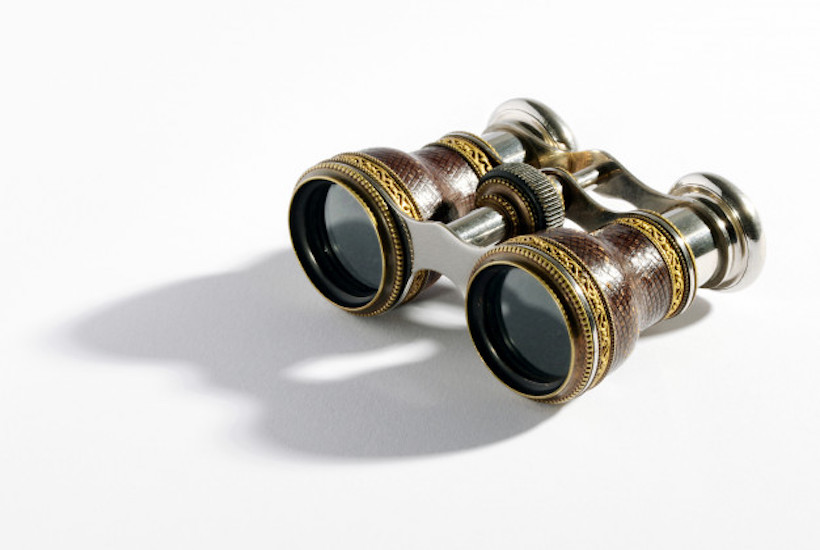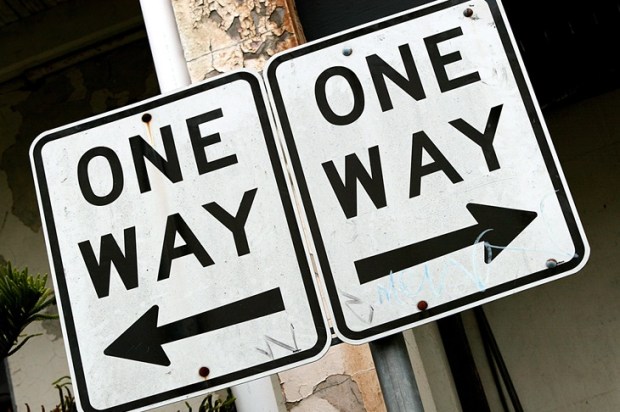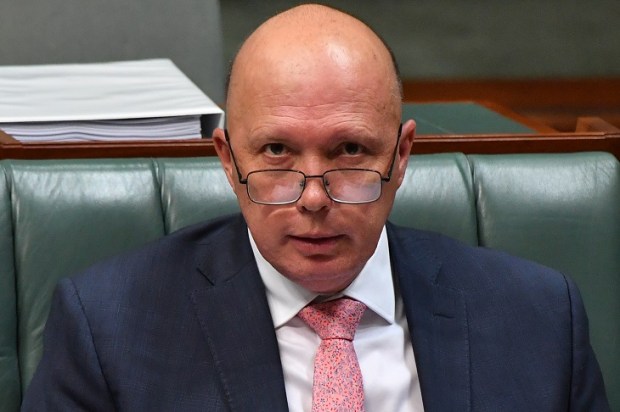“There are right-wing commentators aplenty on the ‘op-ed’ pages of the newspapers and in journals of opinion, but they are eccentric, trading on exaggerated personalities and maverick opinions…”
Judith Brett made this observation in Australian Liberals and the Moral Middle Class: From Deakin to Howard in 2003. Noting then prime minister John Howard’s criticism of the ABC for not having a “right-wing Philip Adams,” Brett opined that “the problem is that a right-wing Philip Adams, someone with his capacity to talk intelligently on such a breadth of topics, is not easily imaginable in contemporary Australia.” Brett could have written these remarks today.
Like Australia, America boasts eccentric and maverick right-wing commentators aplenty. But one will also find there a serious conservative intellectual movement now almost seventy years old. That movement is exemplified by one of its key progenitors, the late Russell Kirk, a self-described “man of letters” who wrote gothic novels and a best-selling book on conservatism, The Conservative Mind: From Burke to Eliot. Kirk’s 1953 classic is now in its seventh revised edition and still selling. His legacy lives on in America through a vibrant and energetic milieu of self-styled conservative academics, think-tankers, journalists, editors and public intellectuals. This is a legacy and milieu the likes of which Australia has never seen. Why has Australia not produced its own Russell Kirk and a public conservative intellectual discourse to match?
Part of the answer might lie in the absence of a truly conservative political party in Australia. The Liberal Party, Australia’s fusionist party of the right, has always been home to a sometimes uneasy mixture of liberal, conservative and, on occasion, progressive political opinions. A party like that of the landed aristocracy in England, the Tories, could never take root in the Antipodes. The federal Commonwealth had conservative people and conservative opinions from its founding, and yet Australia never provided this natural breeding-ground for a conservative party.
Without a major political party, conservative intellectuals have struggled to find their place in the public life of Australia. Tory and conservative intellectuals comfortably populated the halls of English universities like Cambridge and Oxford, and Michael Oakeshott could replace Harold Laski at the London School of Economics in the middle of the twentieth century. But in Australia, conservative intellectuals have found it much harder to find their natural home. Public universities, while not always completely hostile to the conservative disposition, have never been particularly comfortable places for those who lean right. The lack of a natural abode in leading educational institutions has left Australian conservatism without a solid institutional base and stunted its potential to impact public discourse and cultural attitudes.
There are, and have long been, venues for the expression and discussion of conservative ideas in Australia, such as The Spectator Australia and Quadrant. But these publications are increasingly under pressure to cater to the large, and apparently growing, appetite on the right for hyper-partisan combat. They further suffer from the curse that afflicts many Australian institutions – a lack of funds. Shoestring budgets have impaired the growth of an intellectual conservative movement in Australia, an inversion of the way that money has been a driver of conservative vitality in the United States. How do you grow an intellectual movement to maturity without money, particularly when polemic sells in a way that sober discussion of ideas does not?
The lack of a conservative intellectual movement in Australia may also stem in part from some of the particularities of the distinctive ethos that characterises Australian conservatism. Witness the strong common-sense pragmatism that is instinctively hostile to sophisticates and their theories, particularly those which drip from the lips of self-styled intellectuals—a suspect class if ever there was one in Australia. This common-sense scepticism towards excessively complex and abstract views of the world, which can tend to the irrelevant and absurd at their most benign, to the dangerous and destructive at their most malign, is assuredly a virtue of Australian conservatism. But it also attenuates the potential impact of conservative ideas by making it much more difficult for Australia’s conservative intellectuals to stick their heads above the parapet lest they come under fire from friend and foe alike.
Conservatives cannot afford to shun the world of ideas, at least not if they wish to have any future influence in the political and cultural life of Australia. Children are now inculcated with a progressive worldview throughout their schooling. Increasing numbers of school leavers then attend university where that progressive worldview is refined and garnished, and in some cases radicalised. Finally, they enter a contemporary workforce in which corporations, unions and professional associations pursue progressive social causes and policy activism with Reformation zeal.
If conservatives self-consciously vacate the realm of ideas and simply carpe and pillory from the sidelines, they will struggle to win the hearts and minds of the next generation of Australians reared on the world of ideas. The most effective way to expose and undermine the many pernicious ideas that pervade contemporary society is to demonstrate their intellectual poverty through serious argumentation accompanied by an alternative vision that can help humans navigate the complexities of life in the twenty-first century. Australian conservatives must find a way to offer the ever-expanding educated classes in Australia a positive and constructive vision of society that is intellectually compelling. Australia needs, and still awaits, its conservative Philip Adams.
Jonathan Cole and Simon Kennedy are academics who co-host The Political Animals, a podcast about politics, ideas and culture from a conservative perspective.
Got something to add? Join the discussion and comment below.
Get 10 issues for just $10
Subscribe to The Spectator Australia today for the next 10 magazine issues, plus full online access, for just $10.

























Comments
Don't miss out
Join the conversation with other Spectator Australia readers. Subscribe to leave a comment.
SUBSCRIBEAlready a subscriber? Log in